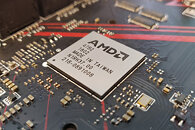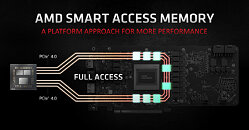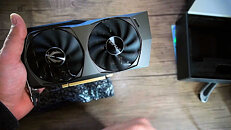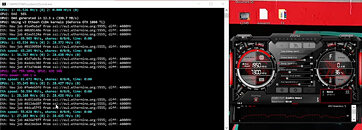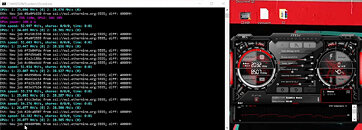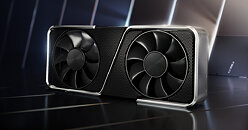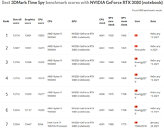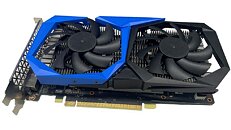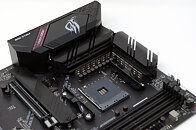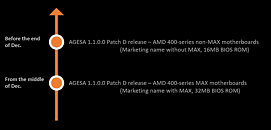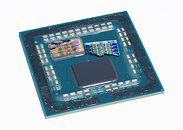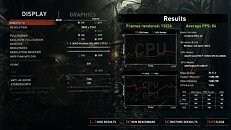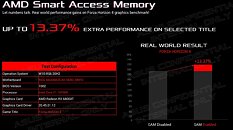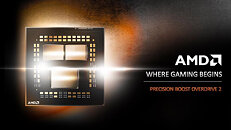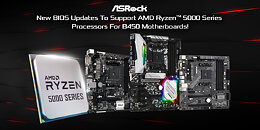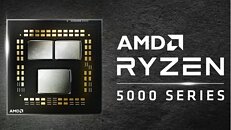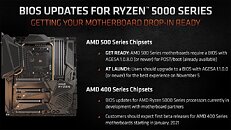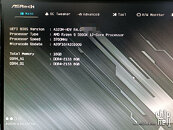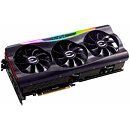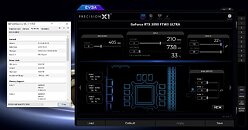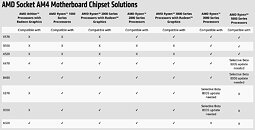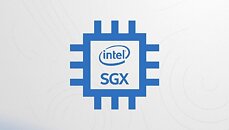
TYAN Now Offers AMD EPYC 7003 Processor Powered Systems
TYAN, an industry-leading server platform design manufacturer and a MiTAC Computing Technology Corporation subsidiary, today introduced AMD EPYC 7003 Series Processor-based server platforms featuring efficiency and performance enhancements in hardware, security, and memory density for the modern data center.
"Big data has become capital today. Large amounts of data and faster answers drive better decisions. TYAN's industry-leading server platforms powered by 3rd Gen AMD EPYC processors enable businesses to make more accurate decisions with higher precision," said Danny Hsu, Vice President of MiTAC Computing Technology Corporation's Server Infrastructure BU. "Moving the bar once more for workload performance, EPYC 7003 Series processors provide the performance needed in the heart of the enterprise to help IT professionals drive faster time to results," said Ram Peddibhotla, corporate vice president, EPYC product management, AMD. "Time is the new metric for efficiency and EPYC 7003 Series processors are the perfect choice for the most diverse workloads, helping provide more and better data to drive better business outcomes."
"Big data has become capital today. Large amounts of data and faster answers drive better decisions. TYAN's industry-leading server platforms powered by 3rd Gen AMD EPYC processors enable businesses to make more accurate decisions with higher precision," said Danny Hsu, Vice President of MiTAC Computing Technology Corporation's Server Infrastructure BU. "Moving the bar once more for workload performance, EPYC 7003 Series processors provide the performance needed in the heart of the enterprise to help IT professionals drive faster time to results," said Ram Peddibhotla, corporate vice president, EPYC product management, AMD. "Time is the new metric for efficiency and EPYC 7003 Series processors are the perfect choice for the most diverse workloads, helping provide more and better data to drive better business outcomes."

